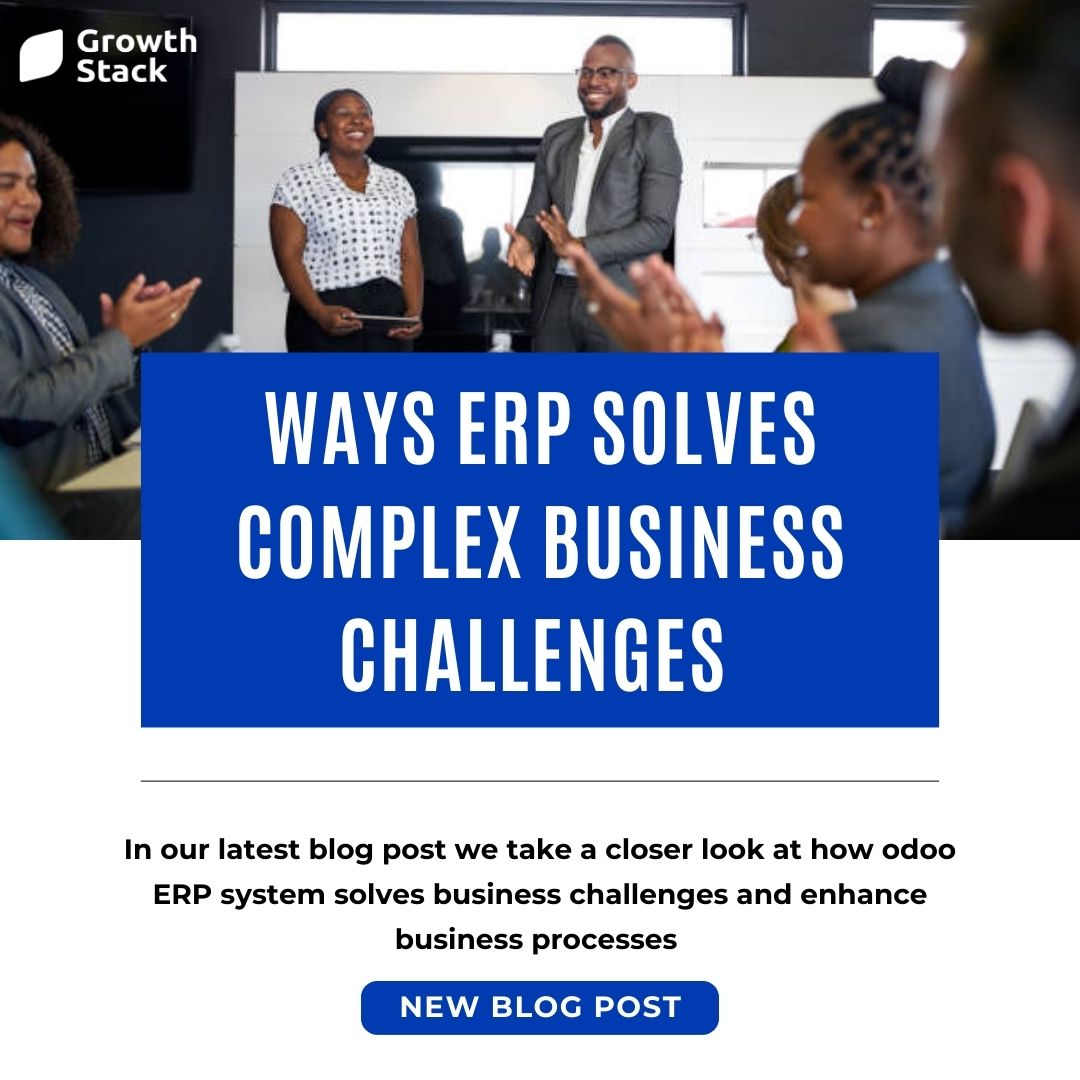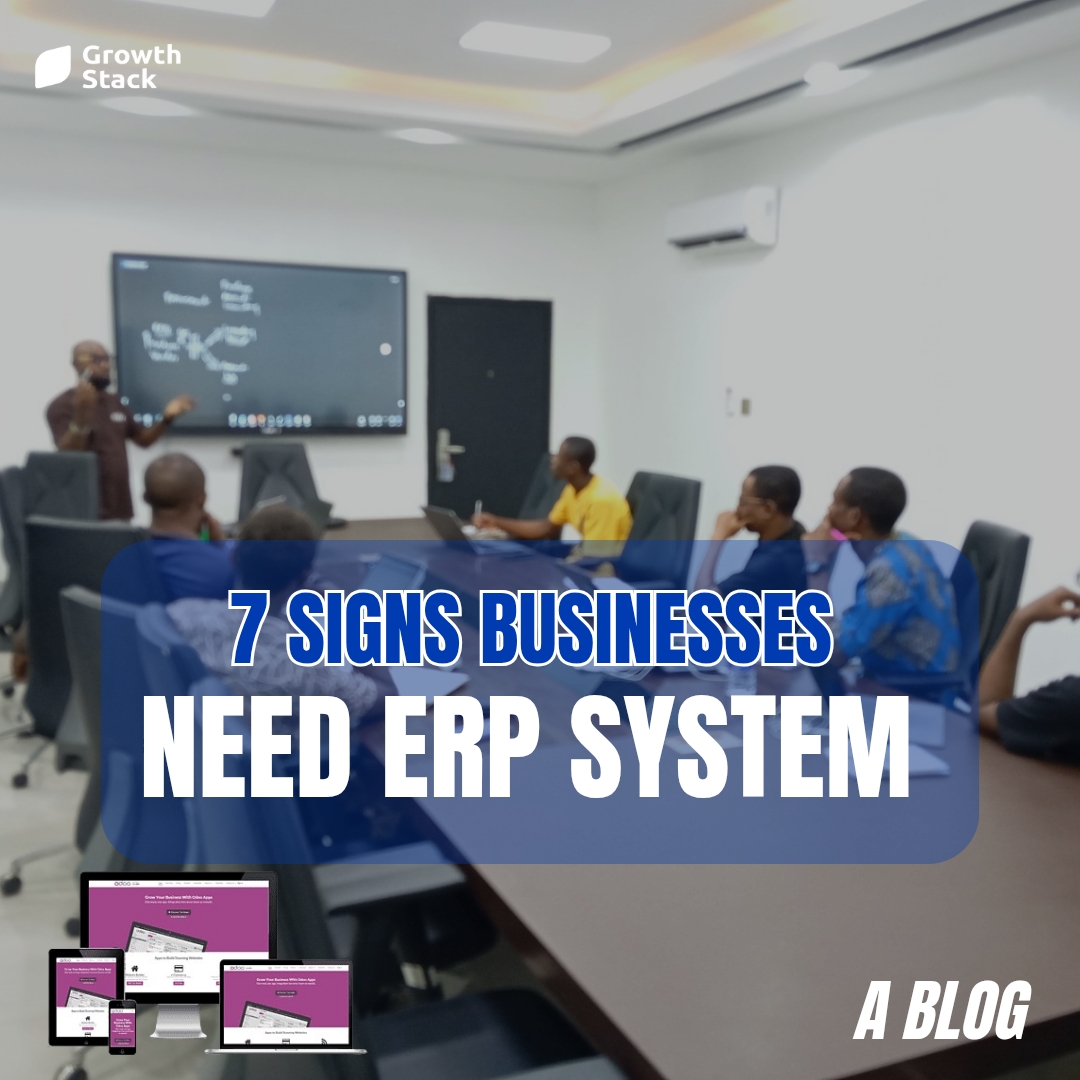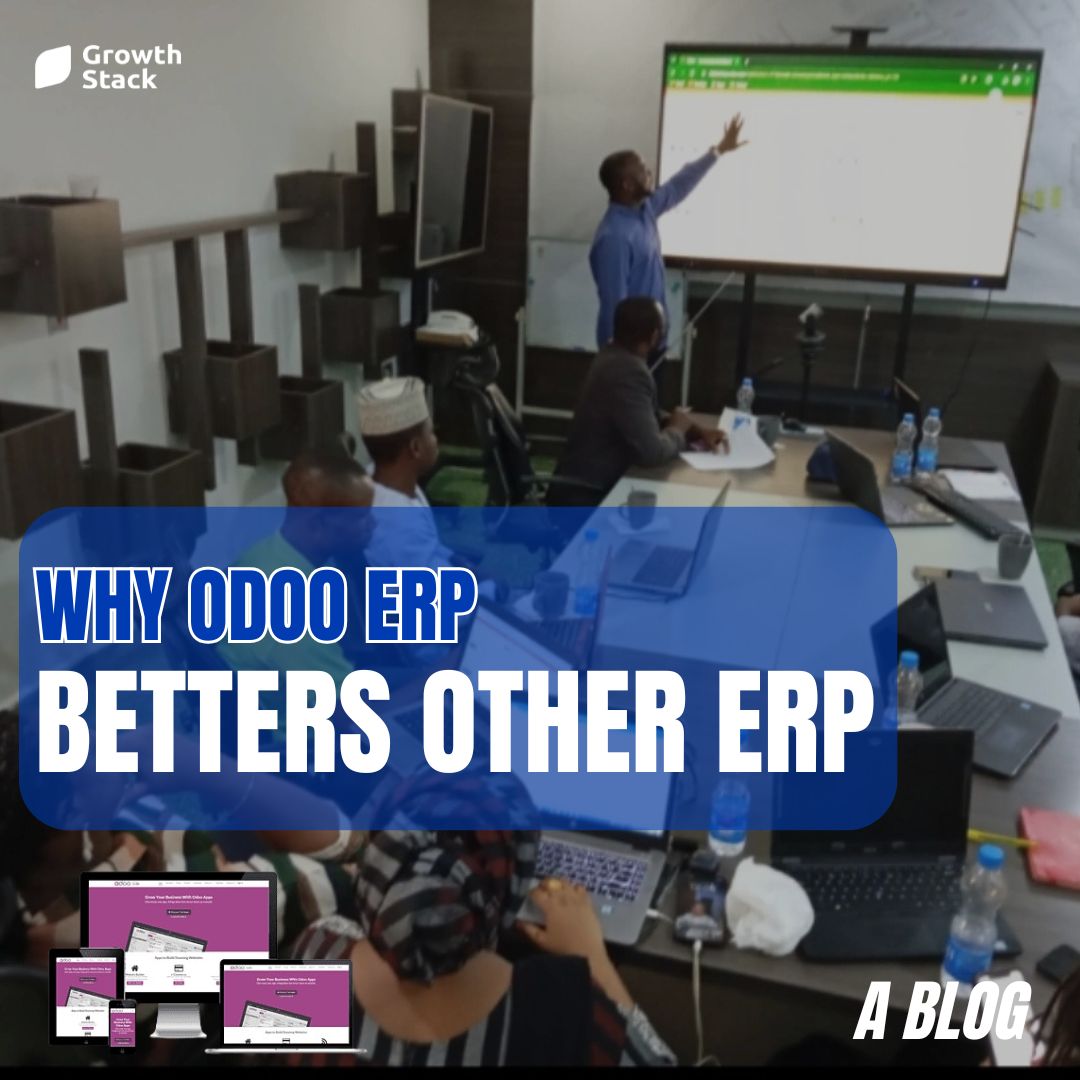Introduction: Ways ERP Solves Complex Business Challenges
In today’s fast-paced business environment, organizations face numerous challenges that can hinder growth and profitability. From disjointed workflows to lack of real-time data, these complexities demand innovative solutions. Enterprise Resource Planning (ERP) systems have emerged as a game-changer. This article explores the ways ERP solves complex business challenges, enhancing efficiency and decision-making.
What is ERP, and Why is it Essential?
Enterprise Resource Planning (ERP) is a software solution designed to integrate core business processes into a unified system. Whether it’s finance, supply chain, or customer relationship management, ERP systems streamline operations and ensure seamless communication across departments. This integration is at the core of how ERP solves complex challenges, helping businesses thrive.
Key Benefits:
- Centralized data management
- Improved collaboration
- Real-time analytics for informed decisions
For a deeper dive into ERP basics, check out this comprehensive guide on ERP systems.
How ERP Addresses Common Business Challenges
1. Streamlining Workflow and Enhancing Productivity
One of the primary ways ERP solves complex challenges is by automating repetitive tasks and standardizing processes. By reducing manual intervention, businesses can:
- Eliminate redundancies
- Accelerate task completion
- Enhance employee focus on strategic goals
2. Real-Time Data and Informed Decision-Making
Inaccurate or outdated data can derail critical decisions. ERP systems offer real-time insights, allowing leaders to make data-driven decisions. This ensures that all stakeholders operate with accurate, up-to-date information, which is crucial in tackling complex business challenges.
3. Managing Financial Complexities
Handling finances across multiple departments or locations can be daunting. ERP systems centralize financial data, automate reporting, and ensure compliance with regulations. This capability is essential for businesses aiming to maintain financial health.
4. Improving Supply Chain Efficiency
From inventory management to order fulfillment, supply chain inefficiencies can lead to revenue loss. ERP optimizes supply chain processes by:
- Enhancing visibility into inventory
- Automating order tracking
- Reducing delays and errors
5. Enhancing Customer Relationship Management
ERP integrates customer data, providing a 360-degree view of customer interactions. This enables businesses to personalize services, improve customer satisfaction, and build lasting relationships, tackling challenges in customer retention effectively.
Why Businesses Should Invest in ERP
Investing in ERP systems is no longer optional for companies looking to scale. The ways ERP solves complex business challenges extend beyond daily operations to long-term strategic growth. With features like real-time analytics, automation, and seamless integration, ERP systems empower businesses to stay competitive in an ever-changing market.
Conclusion: Transform Challenges into Opportunities
The ways ERP solves complex challenges demonstrate its transformative potential. By streamlining workflows, improving data accuracy, and enhancing customer experiences, ERP systems help businesses navigate complexities with ease. Implementing the right ERP solution is not just a tool for efficiency—it’s a pathway to sustainable growth.
Take your business to the next level with a free consultation, here











